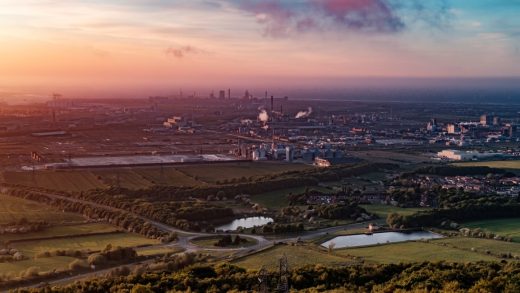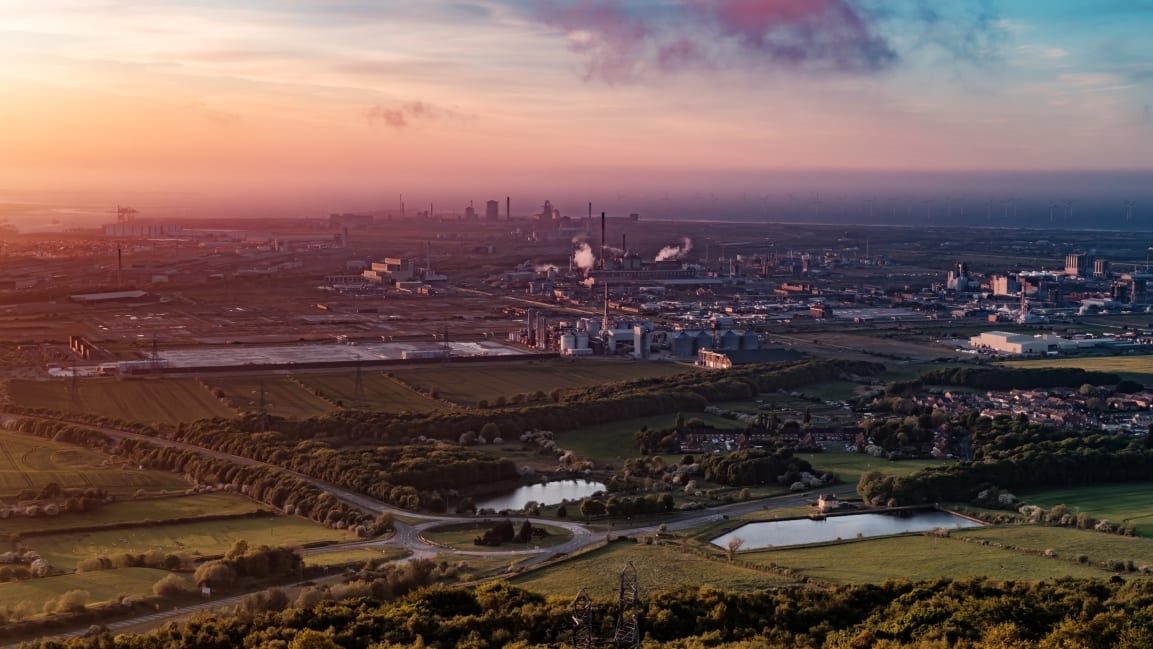This new recycling plant uses steam to recycle ‘unrecyclable’ plastic
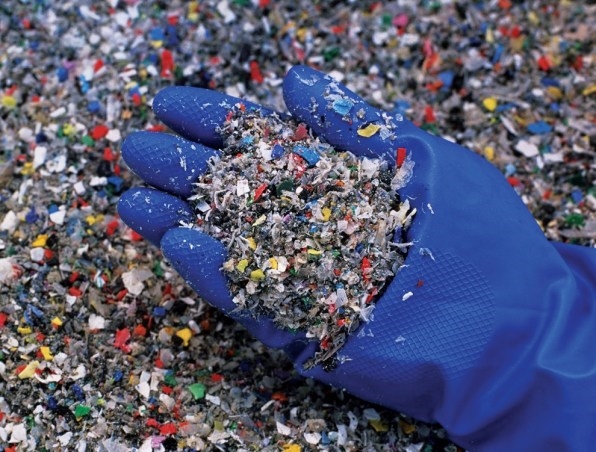
A new recycling plant is designed to process this hard-to-recycle plastic using what’s called supercritical steam—water heated to a high temperature and pressure—as molecular scissors, breaking down chemical bonds in plastic to create building blocks that can be used to make new plastic. The process works on any type of plastic, including packaging with multiple layers that normally isn’t accepted in recycling bins. “A new solution is needed to recycle those materials that mechanical recycling cannot,” says Steve Mahon, CEO at Mura Technology, the company that developed the technology and is building the new plant. “It is also important to recognize the value of waste plastic as a ready resource for the manufacture of plastic, decouple production from fossil resource and entering plastic into a circular economy, avoiding wasting this useful and flexible material.”
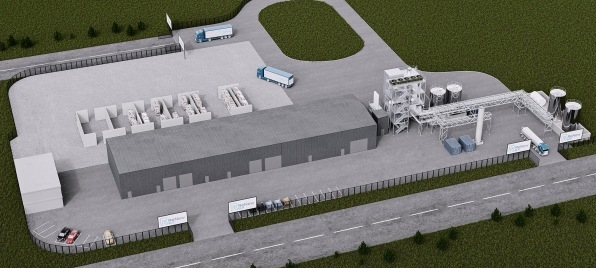
The new factory is under construction in a part of Northern England where some of the first large-scale plastic manufacturing began in the 1930s. While the traditional process relied on fossil fuels such as crude oil or natural gas to make plastic, the company envisions making manufacturing circular: After someone uses plastic, it’s recycled back into the materials to make brand-new plastic, and after that plastic is used, it can be recycled again, in an endless loop. Like other forms of so-called advanced or chemical recycling, it can be used to produce materials that are identical to virgin plastic. That’s different from traditional recycling, which shreds and melts old plastic and “downcycles” it to a lower quality, so recycling can happen only a limited number of times.
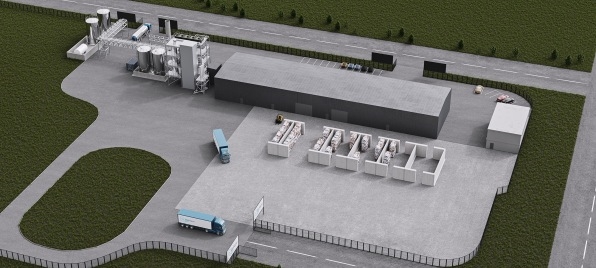
Environmental groups such as Greenpeace have questioned the feasibility of chemical recycling and argue that companies should be focused on ways to reduce unnecessary plastic use instead of pinning hopes on technology that isn’t yet proven at a commercial scale (and relying on consumers to use recycling bins, something that isn’t happening enough now). “We are never going to recycle our way out of this crisis, and until we realize that, the plastic pollution will continue to mount,” says John Hocevar, the oceans campaign director for Greenpeace USA. “While recycling remains an important part of the mix for other materials, it should be the last resort for plastics—not the first. We must first prioritize reduction and reuse, recognizing that most of the plastic packaging we toss into a bin ends up landfilled, incinerated, or shipped overseas for other communities to deal with. It makes no sense to invest 10 years and billions of dollars trying to salvage a costly and inefficient technology to recycle materials that we will no longer be using by then. We don’t have time to wait for the plastic industry’s next supposed silver bullet to deal with this crisis—we need to stop producing so much plastic now.”
Mahon agrees that plastic reduction needs to happen, but he believes that the technology can fill a critical gap. “With the level of plastic manufacture at an all-time high, we believe that where excessive plastic waste and single-use items can be reduced, they should be,” Mahon says. Mura’s technology, called HydroPRS, is “designed to recycle those materials that traditional mechanical recycling cannot, in a complementary approach, moving away from a linear model of produce-consume-dispose to a circular one of produce-consume-recycle,” he says. The demand from companies that want to use recycled plastic in packaging continues to grow. The new technology will produce recycled products that are more expensive than virgin plastic, but the company believes that it will become cost-competitive within a decade or sooner.
The new facility is set to open in 2022 and is designed to process 80,000 pounds of plastic waste a year. The company is also planning new sites in other countries, including the U.S.
(37)

